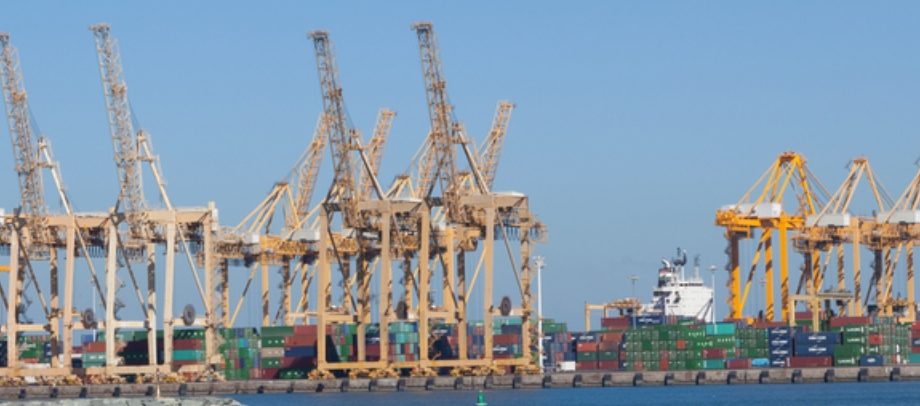Think of a massive cargo ship crossing the ocean. Its beating heart is the fuel in its tanks. This fuel is not just for power; it is a huge part of what makes everything in our stores cost what it does.
The process of getting this fuel to ships, called marine fuel bunkering, directly creates a ripple effect that touches the price of almost all the goods we buy.
The price of fuel
The biggest link is simple. Fuel is the largest single expense for a shipping company. When the price of marine fuel goes up, the cost to move a container on that ship also goes up. Shipping companies then adjust their prices to cover this major expense. This change in fuel cost is a direct pass-through to the customer.
Operational delays
Time is money, especially for ships. If a bunkering operation is slow or delayed, the ship sits still. This waiting time is very expensive. Port fees add up, and the ship is not earning money by moving goods. These extra costs from delays must be included in the overall shipping fees.
The quality of fuel
Not all marine fuel is the same. Poor quality or contaminated fuel can damage a ship’s expensive engine. Fixing this damage costs a lot of money and causes the ship to be out of service for repairs. To avoid this risk, shipping companies might pay a higher price for better, cleaner fuel. This choice for quality over cheapness affects their costs.
Bunkering methods
How the fuel is delivered matters. Some methods are faster and more efficient than others. A quicker bunkering process gets the ship back to sea faster, saving on port costs. Investing in faster methods can lead to lower overall operating expenses for the shipping line.
Planning and hedging
Shipping companies try to predict future fuel prices. They might buy fuel in advance at a set price to protect themselves from sudden market jumps. This is called hedging. Good planning and smart fuel purchasing can stabilize costs. Bad planning can lead to buying fuel at peak prices, which increases shipping rates.
Environmental rules
New global rules are pushing for cleaner ship fuels. These cleaner fuels are often more expensive to produce than traditional ones. As ships switch to these better fuels to follow the law, their fuel costs increase. This shift is a significant new factor that is changing the cost structure of the entire shipping industry.
